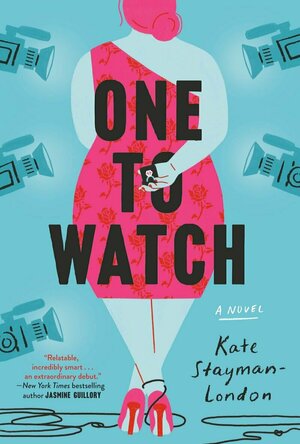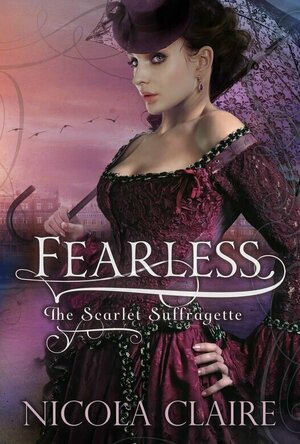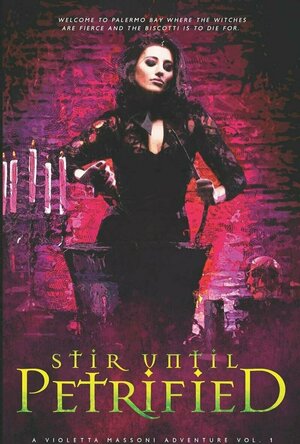
Psychologie Heute
Health & Fitness and Magazines & Newspapers
App
The leading magazine Psychologie Heute is now available monthly directly on your iPad or iPhone. ...
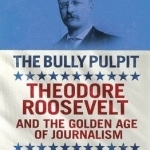
The Bully Pulpit: Theodore Roosevelt and the Golden Age of Journalism
Book
The Bully Pulpit by Doris Kearns Goodwin - the new biography of Teddy Roosevelt from the bestselling...
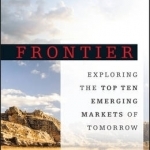
Frontier: Exploring the Top Ten Emerging Markets of Tomorrow
Book
Get ahead of emerging markets with top-performer picks for up-and-comers Frontier helps investors...
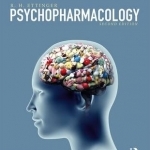
Psychopharmacology
Book
With increases in the prevalence of psychiatric and behavioral disorders and rapid advances in the...
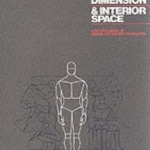
Human Dimension and Interior Space
Julius Panero and Martin Zelnik
Book
The study of human body measurements on a comparative basis is known as anthropometrics. Its...
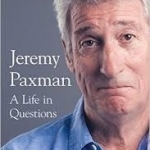
A Life in Questions
Book
The book everyone is talking about News, views and hilarious stories from the legend of Newsnight...
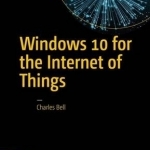
Windows 10 for the Internet of Things
Book
Manage and control Internet-connected devices from Windows and Raspberry Pi. Master the Windows IoT...
Kristy H (1252 KP) rated One to Watch in Books
Nov 12, 2020
"Life isn’t often a fairy tale, even on a show that aims to create one.”
I've never seen "The Bachelor" (Main Squeeze's equivalent) before in my life, but I found this book fascinating. (Probably more enjoyable than the actual show, ha.) It's frothy and entertaining but also tackles serious topics like body issues and racism. Once on the show, Bea meets a host of men: some truly awful, some quite lovely. It's quite the ride to watch her have her choice of eligible and handsome men.
I found Bea a little frustrating in her absolute unwillingness to open up, leading her to wallow in self-pity and a complete inability to even consider love. But, she had her reasons. The body positivity in the book was excellent and frequent. Bea is fearful of opening up and revealing herself and her body after being hurt. But she's also a successful and strong businesswoman (and now a celebrity!). The book draws you in to the episodes of Main Squeeze--it's honestly quite addictive. It sprinkles in excepts from Twitter, chats, publications, and more to tell the story--a very effective format. And there's true humor, romance, and heartbreak involved as well.
Overall, this was probably 3.75 stars for me--bumping up due to its strong coverage of serious and important topics. Oh and for Bea's stepdad! I loved him so much. Worth a read, for sure.
Lyndsey Gollogly (2893 KP) rated Fearless (Scarlet Suffragette #1) in Books
Apr 21, 2021
Kindle
Fearless ( Scarlet suffragette book 1)
By Nicola Claire
Once read a review will be written via Smashbomb and link posted in comments
Nicola Claire's captivating new Gothic romance series introduces a dark and sinister early settler New Zealand at the end of the nineteenth century - brightened by a fearless and talented heroine and a loyal and secretive police inspector...
Free spirit. Brilliant. A Liability?
Doctor Anna Cassidy has been trained by the best; the former Chief Surgeon for the Auckland Police Force. She knows how to dissect a body. She knows how to treat any ailment. And she knows how to find a cause of death.
But society is not ready for a female surgeon.
Fighting for what she believes in has been ingrained in Anna since she was a young child. But the battles she faces now are not all based on equality. A murderer stalks her fellow Suffragettes and the police inspector in charge of the case could be Anna's downfall.
Experienced. Dedicated. Something to hide?
Inspector Andrew Kelly holds duty and honour in the highest regard. His role as a detective proves just that; he never stops until justice is served. Love is something he has forsaken, for reasons he'd rather you didn't know.
But Anna is not a woman a man can ignore.
Fighting his instincts with cold determination is something Kelly has become accustomed to. But a murderer is loose in his adopted city, bringing memories to the fore of a killer who walked in the shadows of Whitechapel, and shining light on a dark past the Inspector is trying hard to forget.
A gritty, twisted, and authentic Victorian romantic suspense, sure to rip you apart... just like old Jack.
This had all of my favourite things! Gruesome murders linked to Jack the Ripper, historical romance , strong female lead and a very good story. Although the murderer was quite clear to me from the beginning I absolutely loved reading it play out! Definitely worth a try if you like any of the things I mentioned!
Lyndsey Gollogly (2893 KP) rated Stir Until Petrified (Violetta Massoni #1) in Books
Sep 12, 2020
Kindle
Stir until petrified ( A Violetta Massoni book 1)
By Theda Vallee
Welcome to beautiful Palermo Bay, where the witches are fierce
...and the biscotti is to die for.
Violetta "Etta" Massoni is an Italian witch living and working with her overbearing family in the sleepy seaside town of Palermo Bay. Healing from tragedy, she wants nothing to do with the magic she was born with.
Etta soon finds herself forced into the world of magic that she had resisted for so long. The peaceful calm of her community is shattered by a string of attacks that leaves fifteen people trapped in their dreams. An ominous magic task force is sent to investigate, with Etta as their number one suspect.
Her family has never been able to mind their own business, and they aren’t about to start now! Dragging her grandmother from crime scenes will be the least of her worries. Join Etta and the whole Massoni girl gang on a perilous, hilarious adventure filled with magic, myth, and minestrone!
After waiting for so long I finally got round to reading this! Oh my god! I don’t remember the last time I gave a 5* and enjoyed a book so much! I laughed I adore Etta and her family! It was packed with wit and so well written! The last character I loved this much was Charley Davidson from Darynda Jones’s books! I also learnt what a Benandanti was and that in this book I’d be expecting a knock at the door on his 10th birthday. Also my favourite quote which had me laughing out loud!
“Where am I supposed to sit?” I eyed the motorcycle’s seat, trying to calculate how much butt room there was. He handed me a helmet, pointing to the back of the bike. “You sit behind me. It’s called the bitch seat.” “Does that make where you’re sitting the prick perch?” I asked, climbing on behind him. As I’d feared, sitting made my shorts move so far up my nether region, I was positive we’d need a search and rescue team to get them out later.
I really can’t wait to read the next book!
